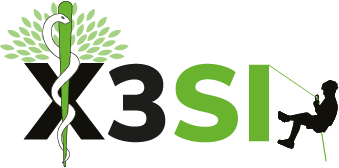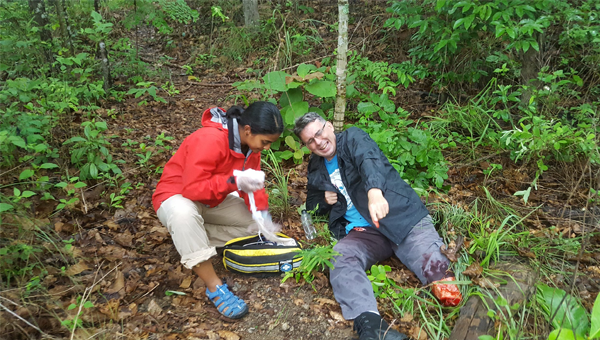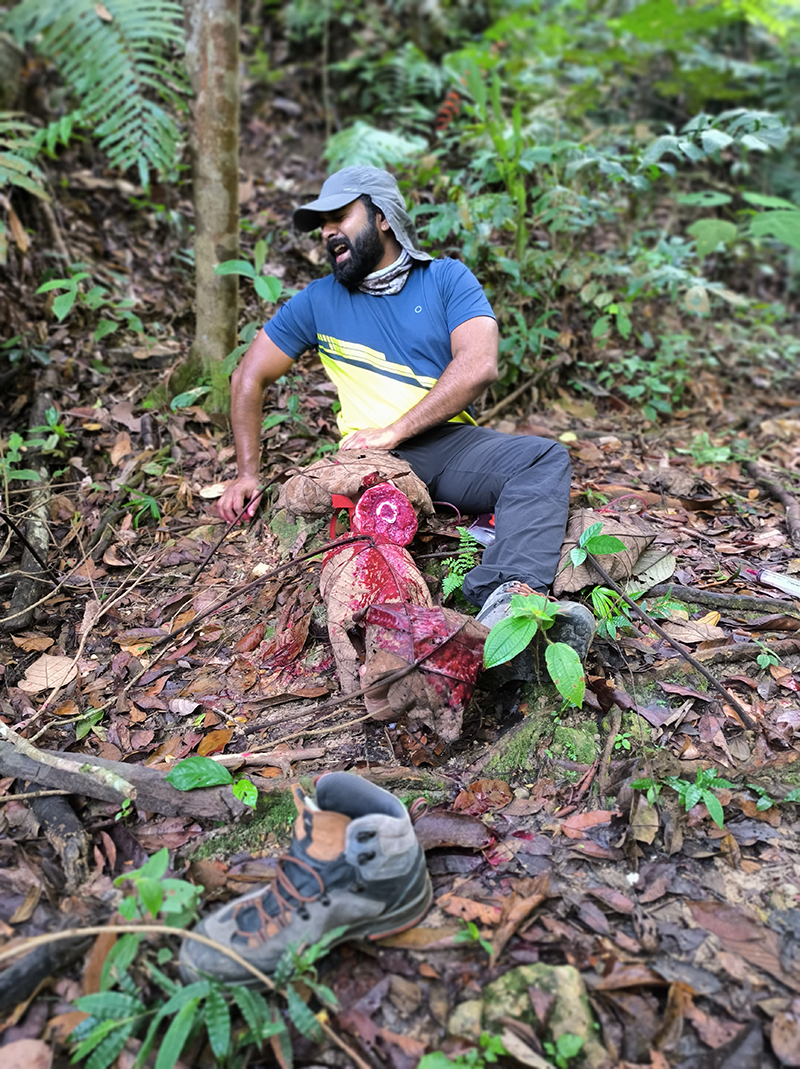Course Overview
The EMR is taught to the US National EMS Scope of Practice Model. Emergency Medical Responders provide immediate lifesaving care to critical patients. EMRs have the knowledge and skills necessary to provide immediate lifesaving interventions while awaiting additional EMS resources to arrive. EMRs also provide assistance to higher-level personnel at the scene of emergencies and during transport. Emergency Medical Responders are a vital part of the comprehensive EMS response. Under medical oversight, Emergency Medical Responders perform basic interventions with minimal equipment.
EMRs often work in organisational Emeregency Response Teams, as well as with Emergency Medical Services providers.
The course runs over three weekends.
Course Schedule
14 October: EMS Fundamentals, Patient Assessment, Anatomy & Physiology of the The Respiratory System and associated pathophysiologies
15 October: Patient Assessment (ctd), Anatomy & Physiology of the The Circulatory System and associated pathophysiologies
21 October: Medical Ilness & Emergencies, Paediatrics, Geriatrics
22 October: Traumatic Injury
28 October: Operations, MCIs, Disasters, Terrorism, Special Operations
29 October: Final Exam




